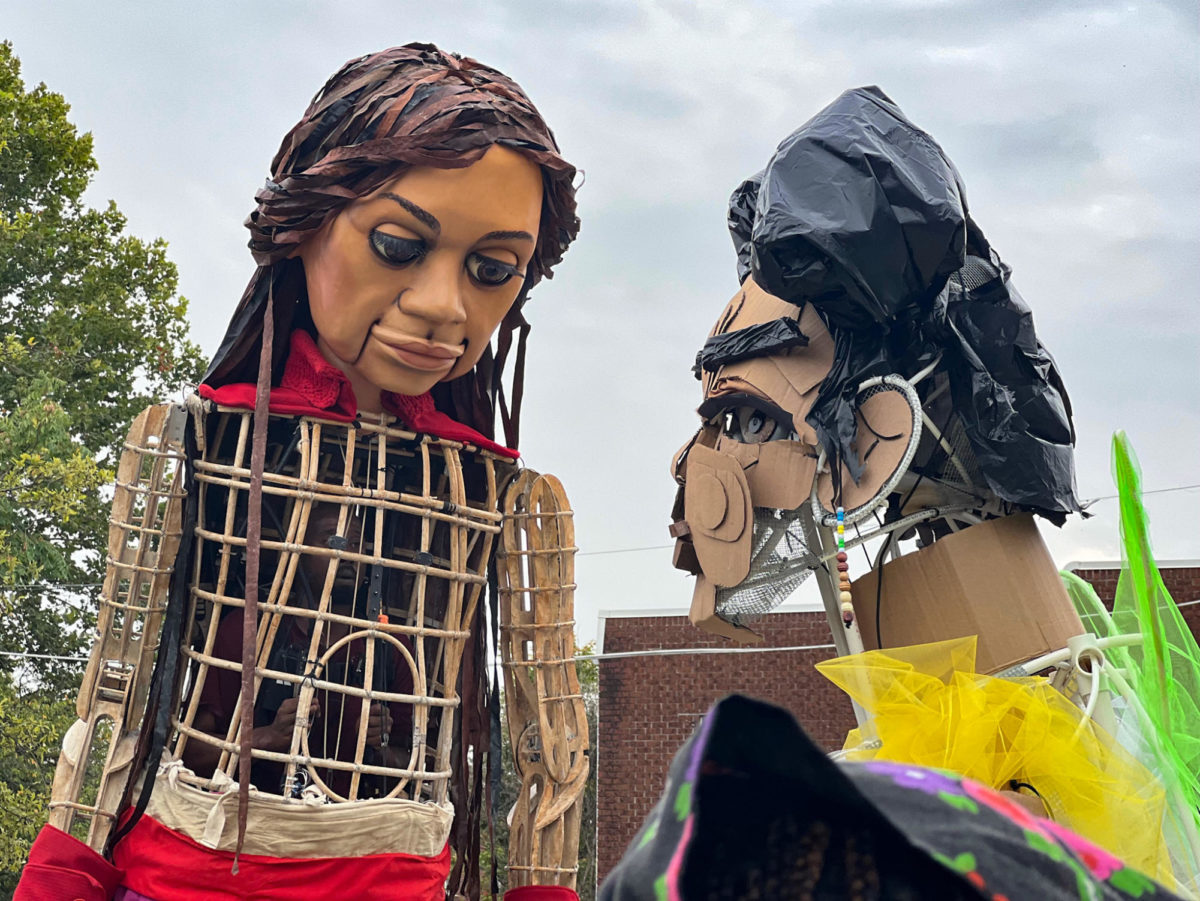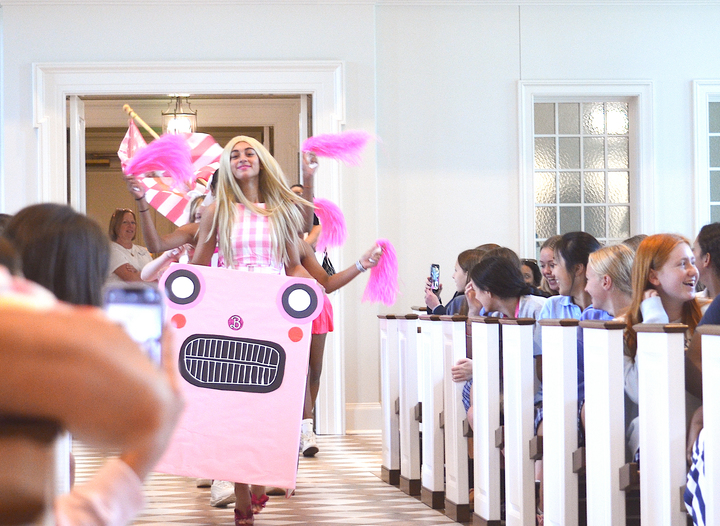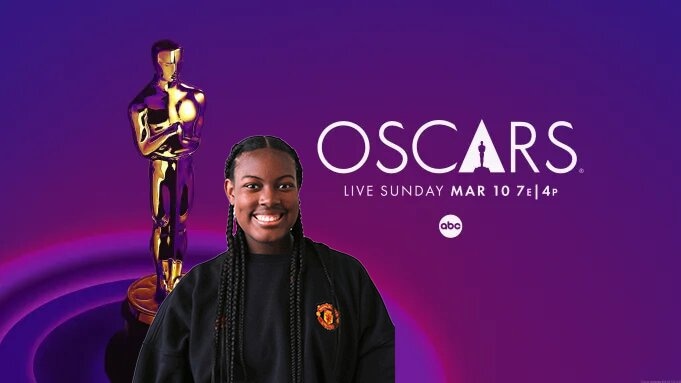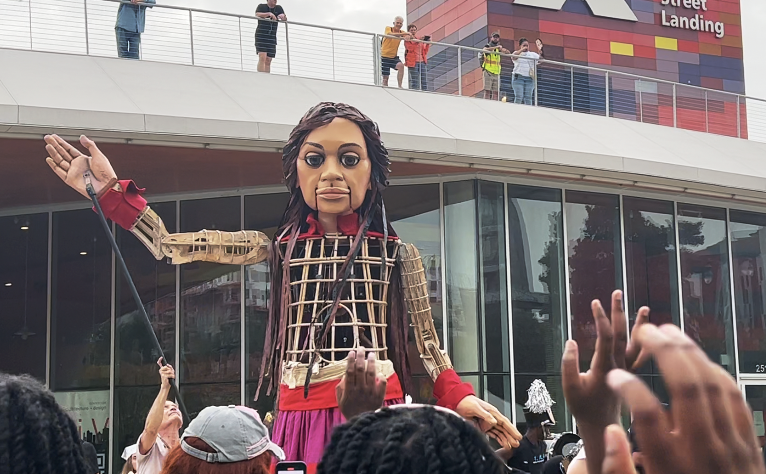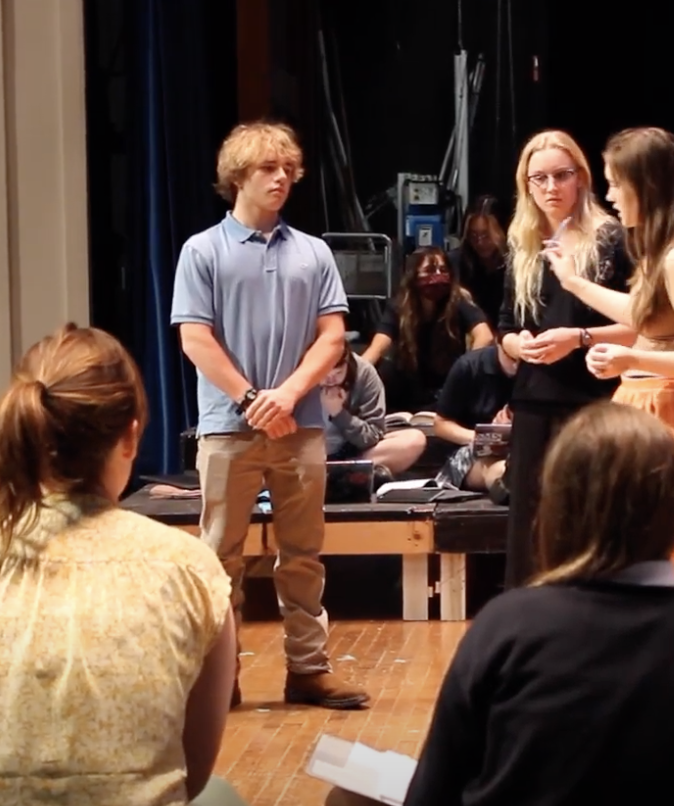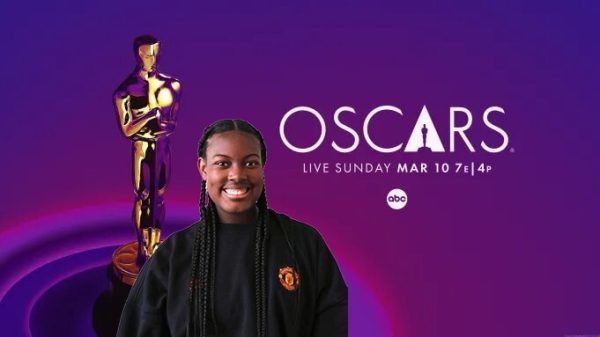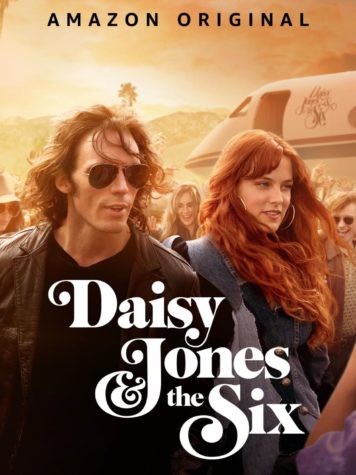“ELVIS”
It’s good, but is it accurate?
“ELVIS” movie has grossed over $280 million. But just because the sales were good does not mean the movie was entirely accurate.
September 12, 2022
The movie “ELVIS,” which came out this summer, was put on HBO Max Friday, Sept. 2, giving fans a chance to notice how incredible the cinematography was, that the costumes were shockingly accurate and that the singing was on point. If you told me the reason Austin Butler was so talented is because he was actually possessed by the ghost of Elvis for the two years they shot the movie, there is a good chance I would believe you.
“ELVIS,” directed by Baz Luhrmann, has created publicity for Memphis through its depiction of Beale Street, famous Memphis musicians, like B.B. King, Big Mama Thornton, Mahalia Jackson and Sister Rosetta, who showed roots in genres like gospel and blues, and, of course, Elvis himself.
While the movie was fantastic, it is still a movie. As impressive as it may seem, when put to the test by Elvis experts, is it a factual representation of Elvis and his time in Memphis?
Sun Studios tour guide Drew Mason believes that there are many discrepancies in the movie, especially in the relationship with Sun Studios.
“[Sam Phillips and Elvis] stayed close for a long time, and you know, Elvis at first actually didn’t want to leave Sun Studios,” Mason said. “He wanted to stay with Sam.”
Upper school band director Mr. Nathan McHenry found the movie to be somewhat dishonest in its representation of Memphis.
“They could have [made] it a little more grimy because the whole movie had a little bit of a nice, pretty polish on,” McHenry said. “Typical Baz Luhrmann, but it would be cool to see Memphis just a little dirty or like we all know it is.”
The movie neglects to include Linda Thompson, songwriter, actress, pageant contestant and former girlfriend of Elvis after he first split with his wife of many years, Priscilla Presley. Thompson lived with Elvis for five years and saved him from overdosing on several different occasions.
The movie also chose to not include Ginger Alden, Elvis’s girlfriend and alleged fiance at the time of his death, who actually was the one to discover Elvis dead at Graceland. Both of these women played major parts in Elvis’ life, yet they were ignored in the biopic.
While perhaps not entirely historically accurate, the movie does at least speak true to Elvis’s personality and charm. Elvis fan and the school’s librarian Ms. Penny Bower has experienced his long-lasting impact.
“I went to the vigil once with my friend Helen,” Bower said. “Some of these people come every year. It’s like a family vacation with people you really don’t know, only you know them once a year because you love Elvis.”
Elvis had a larger impact than just on Memphians – without Elvis, Mason questioned what popular music culture would look like now.
“If Elvis hadn’t done something like that, who knows if the Beatles could have done something like that. Before Elvis, there were no superstars like that,” Mason said. “The whole [point] of the movie is to raise awareness to get people to want to go look into [Elvis and Memphis music] more themselves.”
Elvis’ impact showed bright on the screen and in the numbers of people in the box office with the opening weekend making $31.1 million, taking the number one selling movie for that weekend from “Top Gun: Maverick.”
Next time you drive by Beale Street, pass Sun Studios or hear “All Shook Up” on the radio, remember Elvis’ legacy and impact. And if you don’t know what that legacy or impact is, watch the “ELVIS” movie to learn more.









